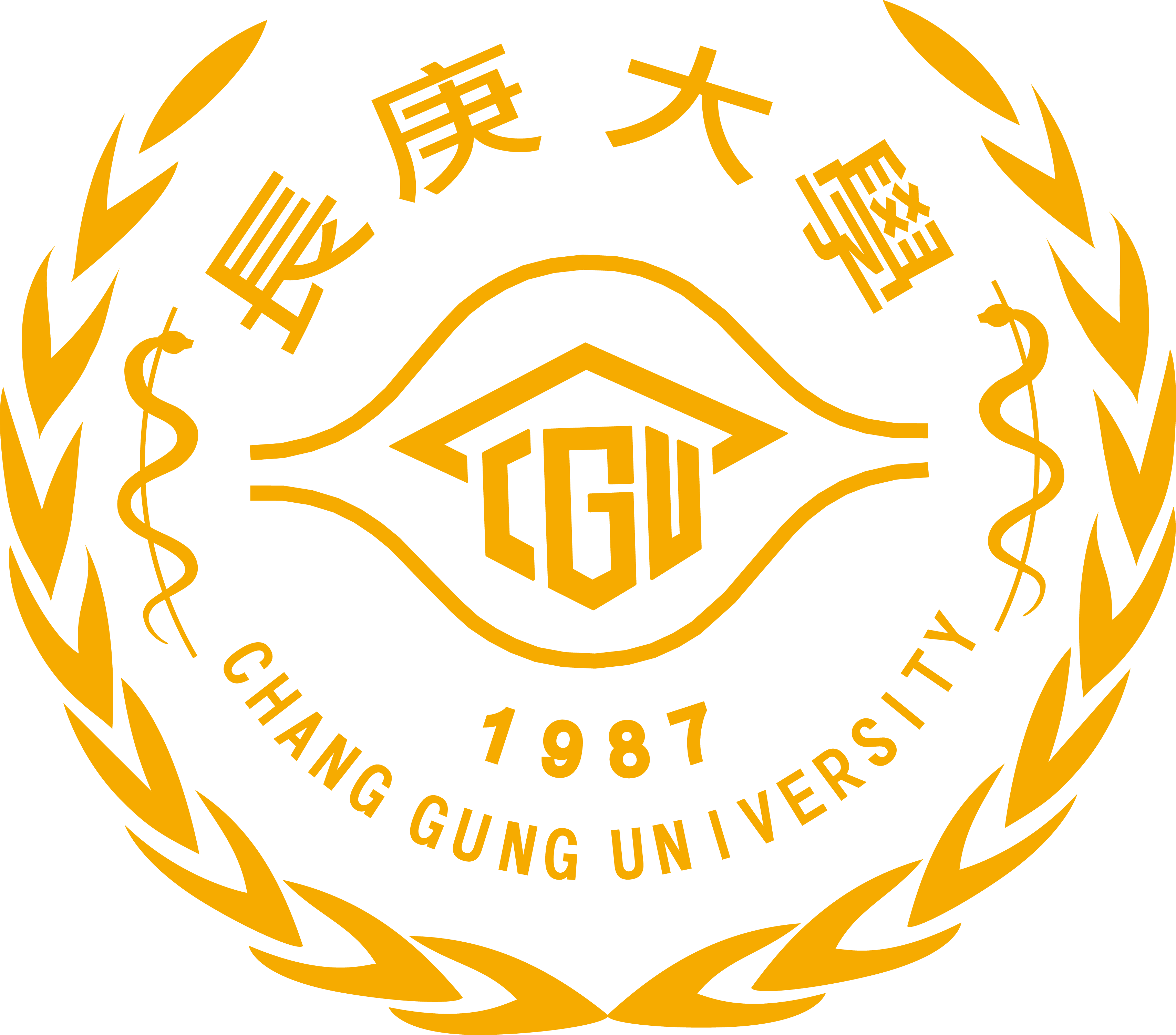Neural Degeneration and Regeneration
Research Field
Professor Yi-Chuan Cheng obtained his master’s degree from Imperial College London, UK. He then pursued a Ph.D. at the University of Nottingham, where he conducted research on the molecular regulation of neural development and pediatric brain tumors. During his doctoral studies, he was honored with the Young Investigator Award (sponsored by Elsevier).
Following the completion of his Ph.D., Professor Cheng joined the UK National Institute for Medical Research (which was later integrated into the Francis Crick Institute in 2016) as a postdoctoral researcher. During this period, he continued investigating the molecular mechanisms underlying neural development and developmental disorders, utilizing zebrafish as an animal model.
Upon completing his postdoctoral training, Professor Cheng joined the Department of Biochemistry and Molecular Biology at Chang Gung University, where he established a zebrafish laboratory. This facility was made available to researchers at both Chang Gung University and Chang Gung Memorial Hospital with an interest in zebrafish as a model organism. He later joined the Neuroscience Research Center at Chang Gung Memorial Hospital.
Currently, Professor Cheng focuses on studying neurodegeneration and regeneration, movement disorders, and the molecular regulation of brain tumors using a variety of models, including zebrafish, mice, and human cells.
Neurodegenerative Diseases, Spinal Cord Regeneration, and Brain Tumors
Our lab aims to identify genetic mutations responsible for Parkinson’s disease and dementia. We analyze clinical samples and conduct meta-analyses to identify gene mutations and examine the physiological and pathological roles of these genes while also exploring gene therapy, chemical treatments, and natural supplements to develop therapeutic strategies.
In spinal cord injury research, we focus on the molecular pathways and cells that drive spinal cord regeneration. Unlike mammals, zebrafish can fully regenerate neural cells and recover motor function after injury. By identifying key molecules and stem cells in zebrafish, we aim to induce similar regenerative processes in mammals, with our findings tested in mouse models.
Additionally, we study the molecular regulation of brain tumor growth using both zebrafish and mouse models. Our goal is to uncover novel regulatory mechanisms to inhibit tumor growth and to develop new diagnostic and therapeutic approaches for brain tumors.
1. Pathological mechanisms of gene mutations in Parkinson’s disease: molecular regulation and therapeutic strategies.
2. Molecular and cellular mechanisms of neural regeneration after spinal cord injury: translational approaches for mammalian models.
3. Identification and characterization of novel molecular biomarkers for brain tumors: diagnostic and therapeutic implications.
Young Investigator Award (sponsored by Elsevier).
PhD: University of Nottingham, UK
MSc: Imperial College, London, UK
BSc: Chung Shan Medical University, Taiwan
